Preparing for the Election of the Rector
At the joint staff meeting, Professor Dr. Levente Kovács, the rector, highlighted that Obuda University has not only become visible but has also made a significant impact on the international stage. During the meeting, he presented the implementation of his rectoral plans, the achievements of the past five years, and future plans. Dr. András Cser-Palkovics, chairman of the Rudolf Kalman Obuda University Foundation's board of trustees, spoke commendably about the balanced operation under the rector's leadership and the swiftly implemented plans. Professor Dr. András Molnár, Deputy Rector, chaired the event.
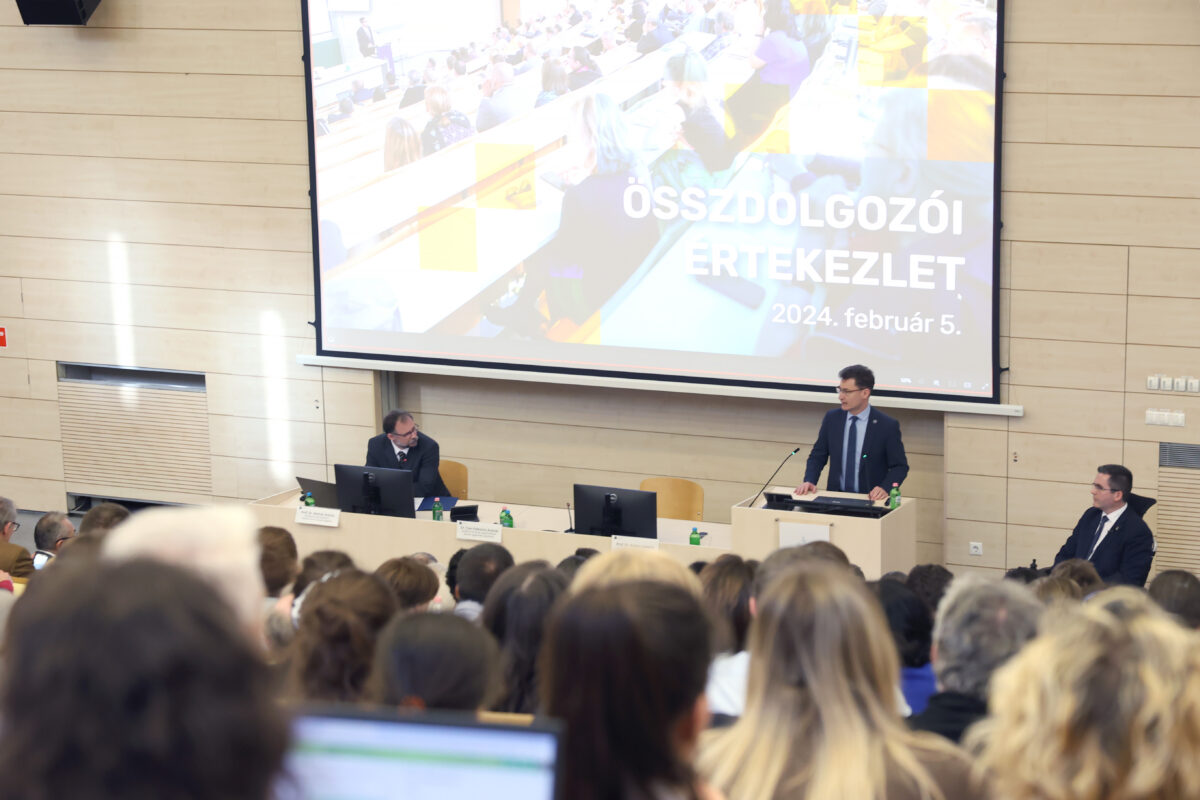
The achievement of the indicators expected by the state in an institution directed at a high level of quality is the result of collaborative effort. The foundation continues to guarantee the university's balanced, autonomous operation," stated the chairman of the board of trustees, who spoke appreciatively about, among other things, the successful management of the energy crisis and the close cooperation established with industrial partners.
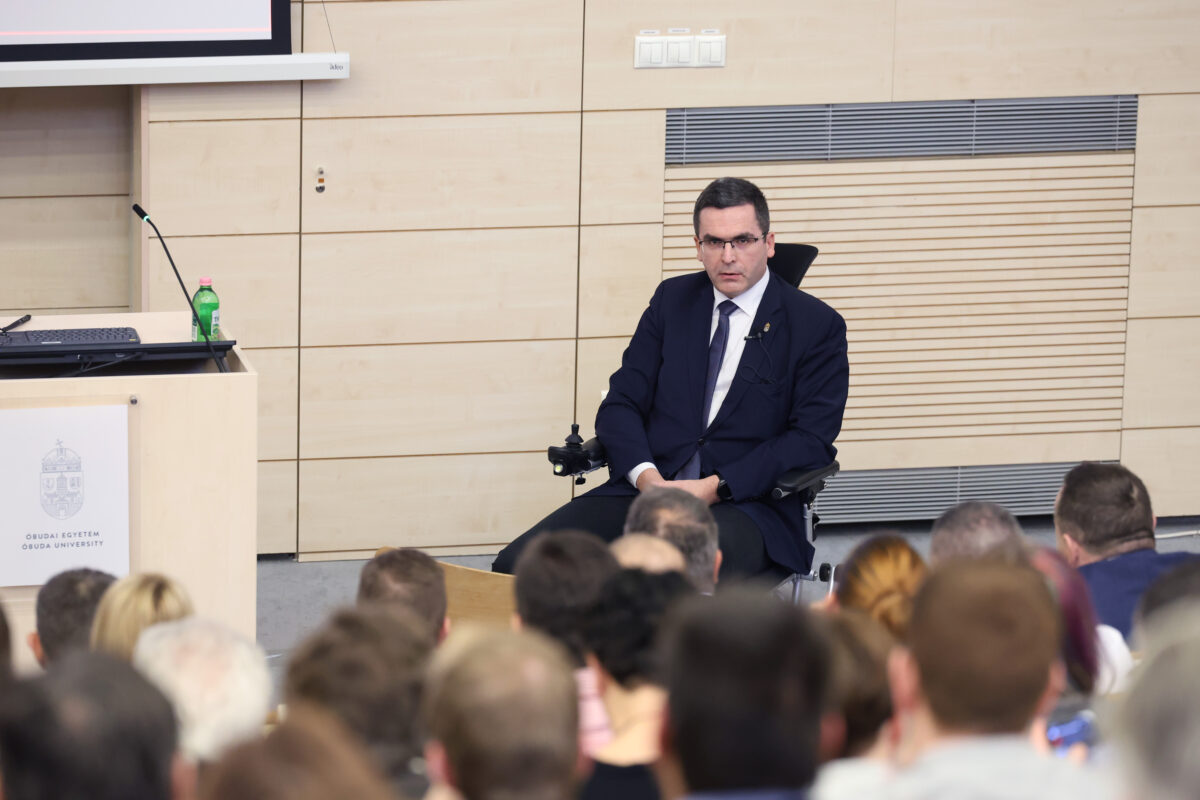
Professor Dr. Levente Kovács reminded that one of his main objectives was to steer Obuda University towards a new and sustainable development trajectory in line with the challenges of 21st-century industry and to establish Hungary as a leading university in research and industrial development within the Carpathian Basin and the Central-Eastern European region. To achieve this, it was necessary to establish a more efficient organizational structure, prepare qualified educators, attract high-quality students, forge well-functioning, strong international relations, secure successful grant applications, engage in robust research and development activities, establish a stable network of corporate connections, gain international recognition, and assume a societal role.
In discussing regulatory measures concerning education, he highlighted steps taken to reduce dropout rates, implemented concepts such as the F-curriculum, emphasized quality requirements, talent development, practice-oriented education, and strengthened student mentoring. He identified the significant increase in student enrollment as one of the university's greatest achievements.
He recalled that over the past five years, the university has made tremendous strides in institutional and portfolio expansion, with its training palette now encompassing the entire spectrum of Hungarian technical higher education. In this context, he highlighted the inclusion of the Ybl Miklós Faculty of Architecture in 2020 and the emergence of numerous new study programs. He also discussed campus expansions and investments within three university projects in science parks, which are unique in Hungarian higher education.
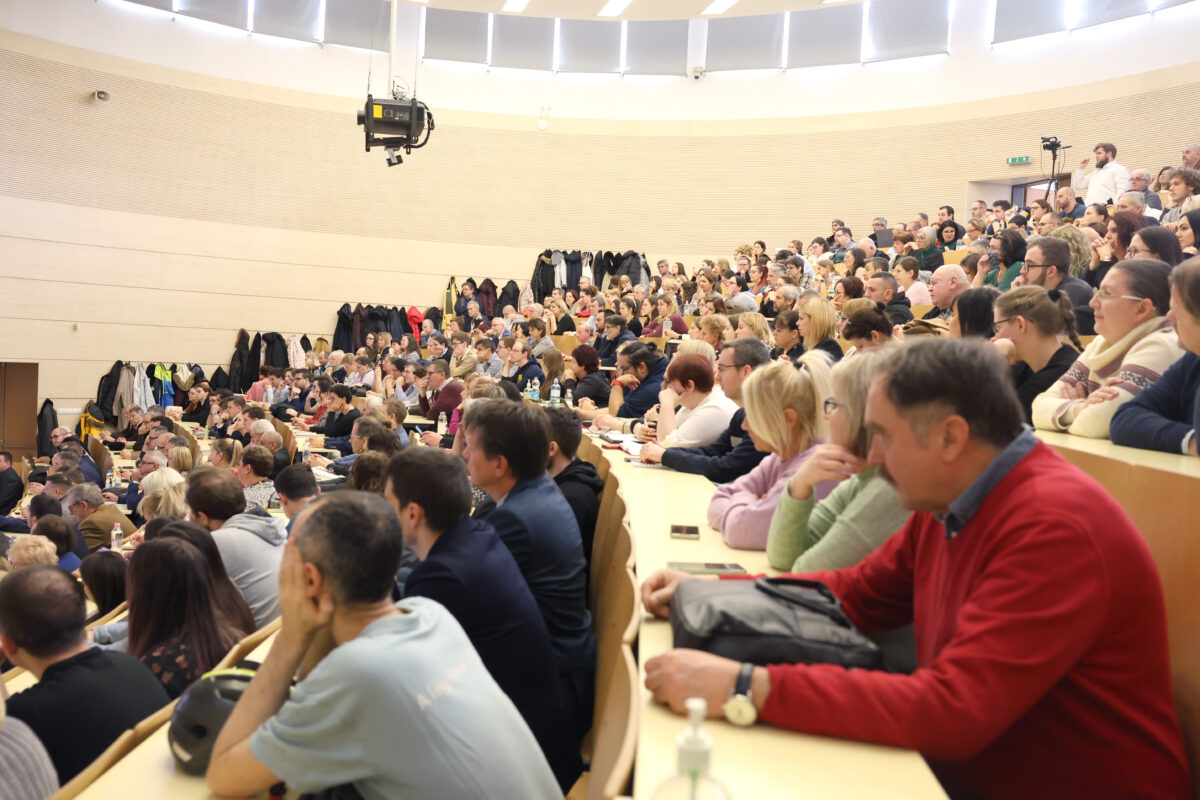
Among the achievements, he listed a two-and-a-half-fold increase in university professors, a doubling in the number of PhD students and habilitated academics, and the establishment of the Innovation Management Doctoral School. He considered the transition to a new model as the most significant step, while he identified the MAB accreditation process as the most significant ongoing process. He also mentioned that one of the university's greatest strengths lies in its cohesive community, which has been continuously built and nurtured through community-building programs. Regarding faculty and educational organizational developments, he highlighted the streamlining of bureaucratic processes, strengthening the role of digital education, and addressing challenges in doctoral training. He considered the acquisition of the Szinyei Merse Pál High School and the Orchidea Hungarian-English Bilingual Kindergarten, Primary and High School in the 6th district, as well as the establishment of the Public Education Office, as significant advancements.
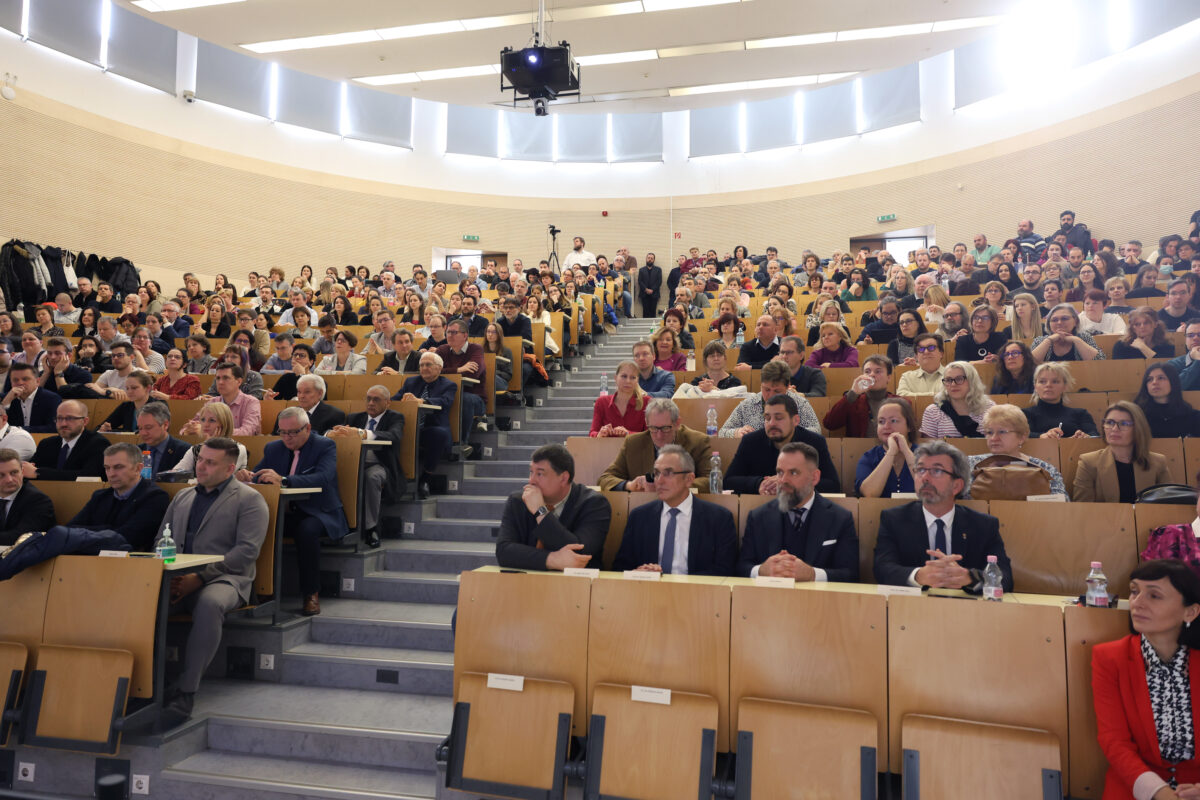
Among the most outstanding achievements, the rector emphasized the advancement in international rankings of higher education institutions (THE, QS): "Obuda University is ranked as the fourth-best higher education institution in Hungary, also holding the top position among technical universities. Additionally, it is the best-ranked Hungarian university in terms of research quality and among the technical universities in the V4 region."
Furthermore, he highlighted the university's highly successful Excellence Program, launched two years ago, which significantly increased the number of quality researchers. He mentioned the extraordinary increase in the number of outstanding, internationally recognized quality publications and citations. Overall, the university's international visibility and excellence have seen the highest growth among Hungarian higher education institutions.
Regarding scientific (R&D) developments, he stressed the importance of decentralized development, allocation of research budgets, development of an academic career model, financial incentives for publication activities, support for research impacting the quality of education, and strengthening integration into the international scientific community.
The university's infrastructure has significantly expanded in recent years, including the acquisition of the Ybl Faculty and the Corvinus University's headquarters in Székesfehérvár, two public education institutions, and the MediaWorks building, as well as replacing PPP buildings and properties in Salgótarján.
The university has embraced an investor-centric approach, resulting in the establishment of Obuda Uni Venture Capital, uniquely in Hungary, operating as a venture studio with university involvement.
Among the most important steps mentioned in the rector's presentation is the salary adjustment resulting from the transition to a new model. This adjustment led to doubling the salary of every employee working in the academic field and increasing the salaries of operational support staff by 10% last year and 15% this year.
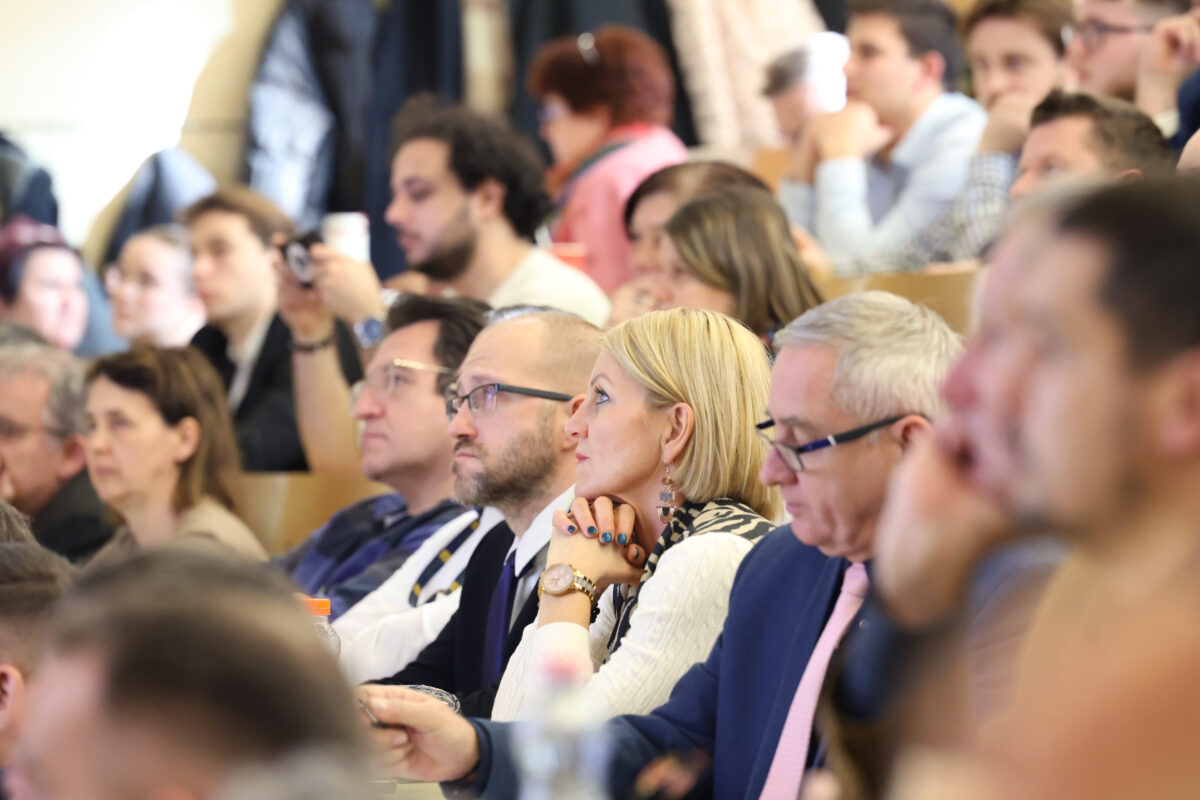
About the plans
Professor Dr. Levente Kovács stated that he is committed to balanced and dynamic growth. He pledged to continue the work, emphasizing that its success will require teamwork. The success of the university can be ensured by quality educators, researchers, students, research and development activities, and reliable, precise administration. The achieved results need to be stabilized, and the growth trajectory maintained. The rector sees the key to an efficient and competitive university in the trinity of education, research, and innovation, with the hallmark being the student. In addition to highlighting the strengths, he mentioned the need for even more educators and researchers in the future, increasing the number of MSc and PhD students, centralizing the dispersed campus locations, and improving the quality of information flow.
He identified managing generational challenges, EU discrimination, and the lack of education-supporting staff among the risks. Regarding opportunities, he emphasized further advancement in international rankings, the development of an academic career model, and the establishment of science parks.
The rector emphasized that the vision of an innovative, investor-centric university can be realized through the collaboration of the academic side, industry players, government, university community, and civil society. He designated the unity of education, research, and infrastructure as the building blocks of his strategy. According to his program, greater emphasis needs to be placed on enrollment campaigns, strengthening quality requirements, enhancing MSc and PhD education, nurturing talent, and internationalization in education. Innovation management, and strengthening education in institutions beyond borders, and in rural areas are part of the quality expansion. Another goal is to significantly increase student enrollment, broaden strategic directions in research, enhance scientific performance, industrial research and utilization, and ESG and green metrics. Green energy and smart architecture should be included among the priority research areas.
The rector also presented planned elements of scientific and innovation parks, the university's innovation plans, and ideas for developing the Obuda University ecosystem. He outlined plans for establishing Initium Zrt. (a scientific-technological transfer company), introducing a system for rewarding intellectual property, and human resource and institutional development goals, including increasing dormitory capacity, introducing fully electronic administration, and establishing environmentally conscious and energy-optimized infrastructure.
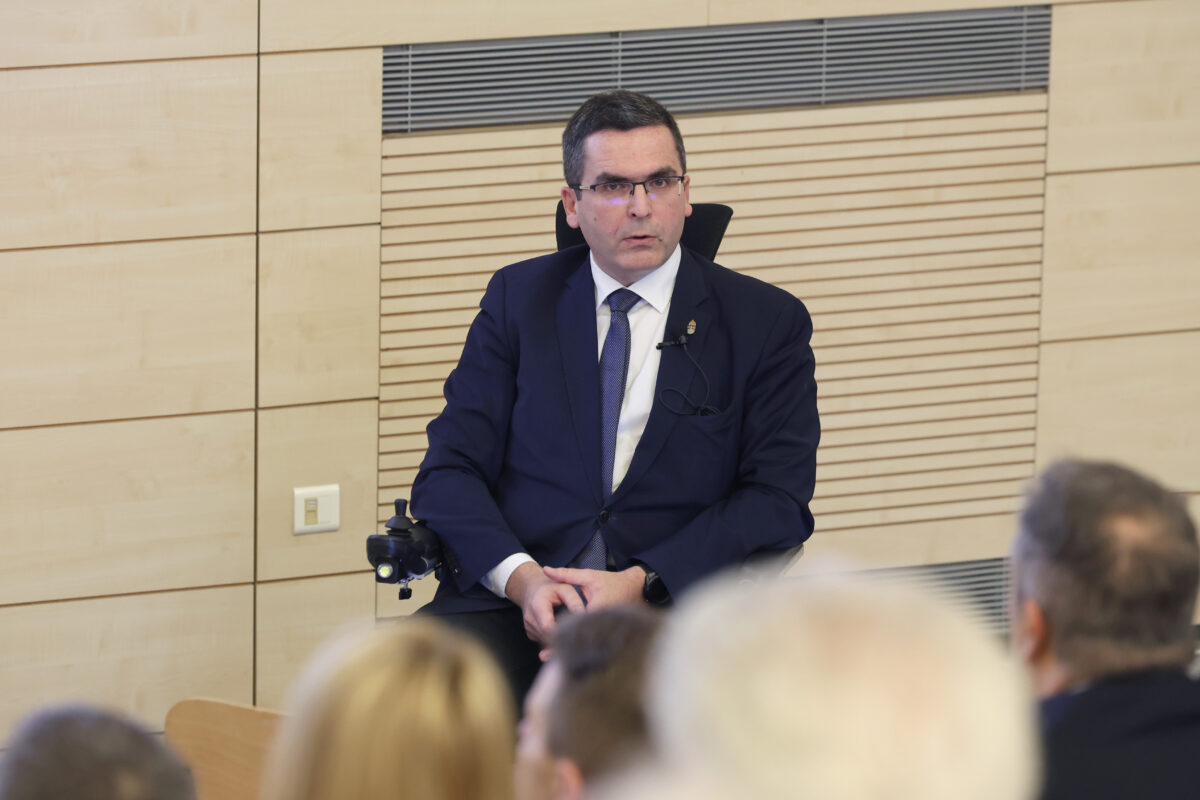
Professor Dr. Levente Kovács reaffirmed: "We aim to create a knowledge-based society. Our goal is to become an internationally recognized, innovative, investor-centric university. To achieve this, we need further support from the Rudolf Kálmán Obuda University Foundation, the introduction of new types of curricula, strengthening talent development, establishing new doctoral schools, creating industrial chairs, fostering industry-oriented scientific excellence, and strengthening the innovation ecosystem. I am committed to making Obuda University the leading technical university of the 21st century!"
